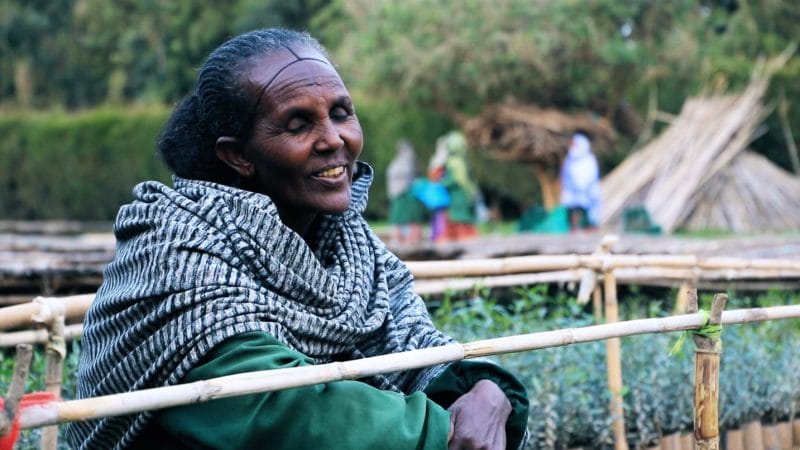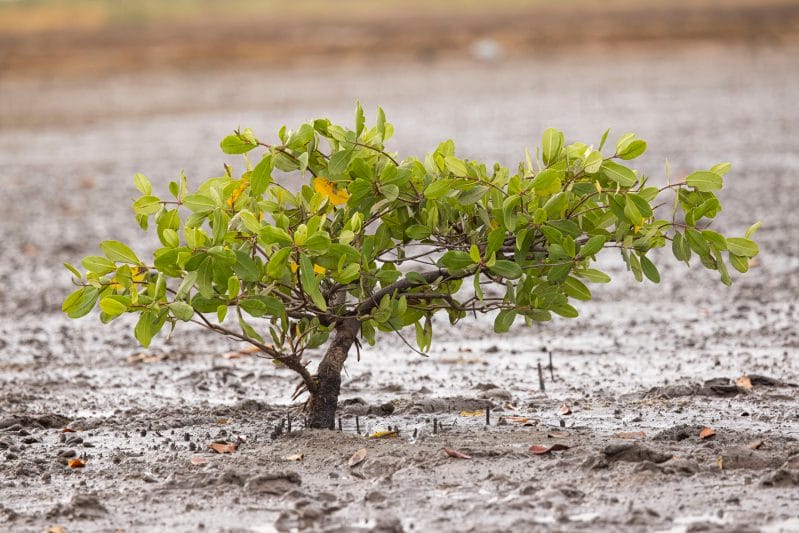A report published in June by the International Panel of Experts on Sustainable Food Systems, entitled ‘From uniformity to diversity: a paradigm shift from industrial agriculture to diversified agroecological system’, pushes for urgency in moving away from today’s unsustainable agricultural systems towards more diverse systems. The paper calls for a holistic strategy based on diversifying farms and farming landscapes, replacing chemical inputs and optimizing biodiversity (hence the term diverse agroecological systems).
Evidence indicates that these systems can recover soil fertility and sustain yields over time, making them competitive and stronger under environmental stress, and can promote biodiversity and secure livelihoods. In contrast, todays industrial agricultural systems are linked to extensive degradation of land, water and habitats as well as high levels of greenhouse gas emissions and biodiversity loss. Diversified agroecological systems can also pave the way for more varied diets and improved health.
Read the paper to find out more.















